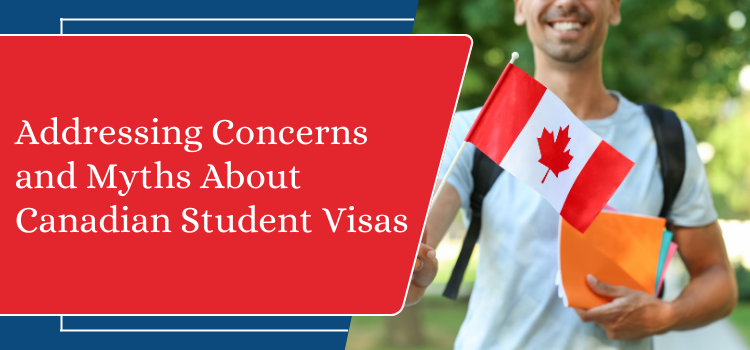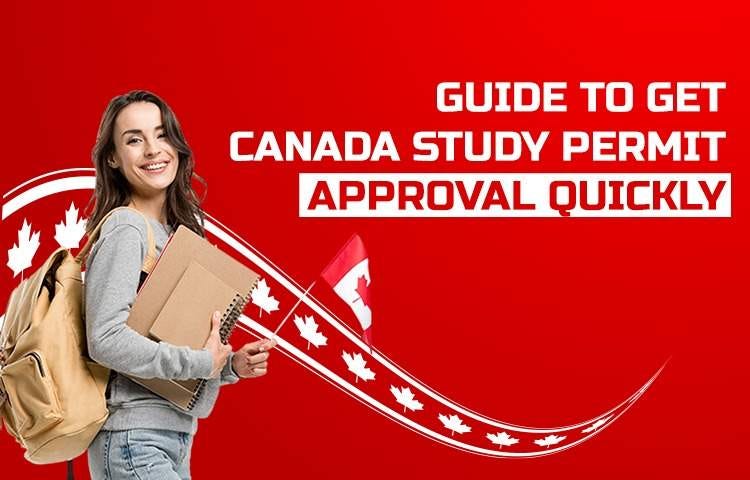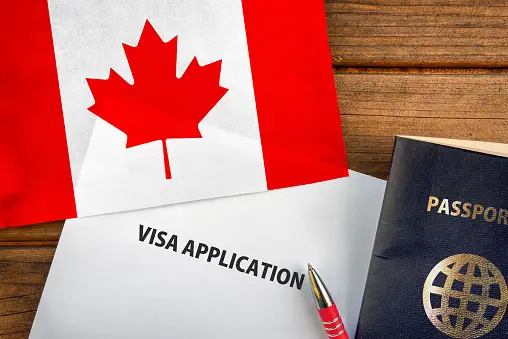Dreaming of a new life in Australia with a skilled visa? The prospect of moving to this stunning country can be exciting, but the process can seem like a maze of requirements and regulations. To help you navigate this path with confidence, let’s uncover some of the lesser-known secrets about securing an Australian Skilled Visa and Australian immigration in general.
Secret 1: Your Occupation Matters More Than You Think
One crucial element in obtaining a Skilled Visa for Australia is ensuring your occupation is in demand. The Australian immigration system prioritizes skills that are in shortage within the country. It’s essential to research the Skilled Occupation List (SOL) and ensure your profession is included. This list is regularly updated, so staying informed about the latest requirements can greatly improve your chances.
Secret 2: Points Can Make a Huge Difference
Australia’s skilled immigration system operates on a points-based system. The more points you accumulate, the better your chances of securing a visa. Points are awarded based on various factors such as age, work experience, qualifications, and English language proficiency. Maximizing your points can involve additional steps, such as improving your language skills or gaining further work experience.
Secret 3: State Nominations Can Boost Your Chances
Many applicants overlook the power of state nominations. Each Australian state and territory has its own list of in-demand occupations and can nominate individuals who meet their specific needs. A state nomination can significantly boost your points score and improve your chances of receiving an invitation to apply for a visa.
Secret 4: The Importance of a Skills Assessment
Before applying for a Skilled Visa, you’ll need to undergo a skills assessment to verify that your qualifications and experience meet Australian standards. This assessment is conducted by a relevant assessing authority for your occupation. A positive skills assessment is a key requirement and can be a game-changer in your application process.
Secret 5: Health and Character Requirements Are Crucial
Australian immigration has strict health and character requirements. You’ll need to undergo medical examinations and provide police clearance certificates to prove that you meet these standards. These checks are designed to ensure that all immigrants are healthy and have no criminal record, which can impact your visa application if not addressed properly.
Secret 6: Professional Help Can Save Time and Hassle
Navigating the skilled visa process can be complex. Many applicants find that seeking assistance from immigration professionals can save them time and reduce stress. These experts can provide valuable insights, help you understand the requirements, and ensure that your application is submitted correctly.
Your Path to a New Life in Australia
Understanding these untold secrets can give you a significant advantage in securing an Australian Skilled Visa. By focusing on in-demand occupations, maximizing your points, and meeting all health and character requirements, you can improve your chances of a successful application.
Ready to take the next step towards living and working in Australia? Bluethroat Immigration is here to guide you through the process with expert advice and personalized support. Let us help you unlock the door to your new life in Australia!






